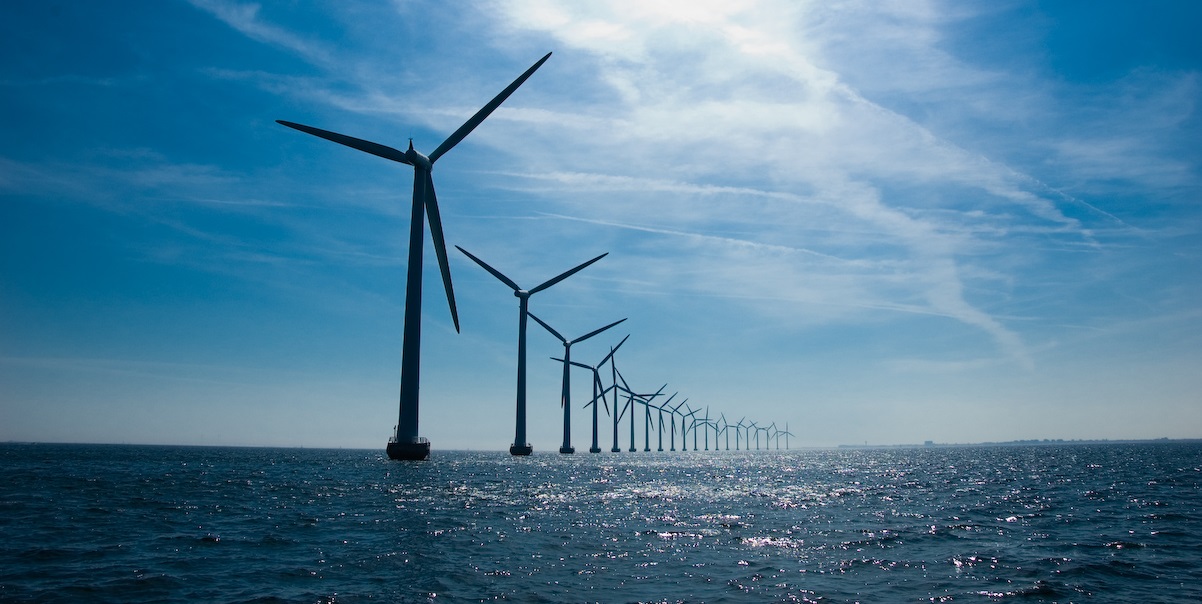Both the RDR and FAMR (the latter carried out in collaboration with HM Treasury) sought to improve the distribution of retail financial services products, and the FCA committed to evaluate their impact, to test whether they delivered their desired outcomes. The aim of the RDR was to establish a resilient, effective and attractive retail investment market that consumers had confidence in and trusted. The objective of FAMR was to identify ways to make the UK’s financial advice market work better for consumers. Improving the mass market for consumer investments is a core plank of our Business Plan Priority to improve the overall consumer investments market. Continue reading…
The message is clear: organisations must be held accountable for their social and environmental footprint. Therefore, it’s inevitable that speaking up becomes the next social…
Download whitepaper










